Editor’s Note: Recently, the Kennedys suffered another unfathomable tragedy. Maeve Kennedy Townsend McKean and her eight-year-old son Gideon died in a canoeing accident. Maeve and Gideon are the daughter and grandson of NextTribe advisory board member Kathleen Kennedy Townsend, who has appeared at several of our events. We are heartsick, and our prayers go out to the entire family. A couple of years ago, we published this story about the strength and influence of the Kennedy women. In light of this tragedy, we are republishing it as a tribute to our friend Kathleen and her family.
Photo above: Kathleen Kennedy Townsend speaking at a NextTribe event September 2019.
***
Last Tuesday night a handsome young male redhead, Joe Kennedy III—grandson of the charismatic late former attorney General Robert Kennedy—gave the official Democratic response to Donald Trump’s State of the Union Address. Many judged his response on-point and inspiring (one critic terming it “Obama-esque”; others thought it was too benign to counter a hyper-bellicose administration, and a ridiculous number of people focused on the unseemly liquid around his mouth. Still others asked a more pointed question in this #MeToo #TimesUp moment, when feminism has been at a higher peak than any time in recent memory: Why a….guy? in the spotlight position that often suggests “up and comer” for the next Presidential election.
For me, that latter mini-controversy was a welcome opportunity to call a few of the young man’s aunts and cousins I’ve known for about a dozen years—a batch of women who have been involved for decades in aggressive, creative, and effective public service and ask why—when we think of politics in this family and politics in the country in general—do we still think male?
The Male Tradition
“There does seem to be a tradition of men being in politics in our family,” said Kathleen Kennedy Townsend, 66, the oldest daughter of Robert Kennedy, to me on the phone the day after her nephew Joe’s speech. (To be sure, Kathleen and her sisters clearly think Joe is a great guy who will make a superb candidate.) Kathleen was lieutenant governor of Maryland for eight years and a candidate for governor of that state. In the two generations since her father’s and uncles’ time, she was the only Kennedy female to seek and win elective office. Today she’s working on the reformation of the entire retirement system in America through Georgetown University’s Center for Retirement Initiatives.
“I think the fact that we still think of politicians as male in this country may have something to do with the fact that, unlike a lot of other countries, we don’t see archetypes of women leaders,” she said. “Our nation was founded on Judeo-Christian ideals, so we see our God as male, while India abounds with powerful goddesses. We’re a democracy so we don’t have queens.
“Even Catholic countries do a better job than we do because of the respect for [Jesus’s mother] Mary; Chile and Argentina and Brazil have elected women leaders. Our holidays that honor leaders are all about men—the Rev. Dr. Martin Luther King Jr., Presidents’ Day, and the Fourth of July for our founding fathers. When you ask a group of people—and I’ve done this—to close their eyes and picture a leader as male or female, ninety nine percent put their hands up for ‘male.’
“We’ve had 5,000 years of looking at men in power, so men get a little disempowered looking at a woman running for office. They criticize her hair and makeup and pantsuits. When I was running for governor of Maryland, they criticized me for not wearing hose in 90-degree weather!” But, despite that long history of dissing women who run for major office, “the amount of public service my sisters and daughters have done is amazing.”
Read More: RFK’s Daughter is on a Mission to Help You Retire Before You’re 100
Rory Kennedy: Moxie Firecracker
Rory Kennedy, 50, is one of those sisters Kathleen is referring to. A lifelong can-do feminist—she named her documentary production company Moxie Firecracker—Rory has dozens of short and long films to her credit. Many of them are award-winning, and most of them are centered on social justice issues—from the war in Vietnam (Last Days in Vietnam) to political torture (The Ghosts of Abu Ghraib) to iconic women (Thank You, Mr. President: Helen Thomas at the White House). Her next film is NASA’s Journey to Tomorrow.
“From the outside it might look like it’s guys versus girls in our family,” Rory told me. “But from the inside we’re all rooting for each other, and there’s a wide range of extraordinary success and accomplishment in our family—women and men.” She notes her sister Courtney’s long involvement in humanitarian issues and her other sister Kerry’s work heading up the Robert F. Kennedy Foundation for Human Rights for almost 30 years. Through the foundation, Kerry has led delegations to or championed causes in countries as diverse as El Salvador, Northern Ireland, and Pakistan. Kerry has long seen her inspiration for strength as their mother, who raised eleven children largely as a widow. “Our mother is a mighty woman,” she once told me, with adamant admiration.
When I first met Rory and Kathleen and their sisters and daughters, in early 2007, they were all hanging out together at Kerry’s house in Westchester County—and the place was filled with reflective wit. Rory had mused about how the sudden serendipitous run of females in this new generation had changed the male-inflected competitive spirit she knew as a child to a more relaxed, egalitarian one.
“Maybe it’s fitting that in this generation of our family there are so many girls,” she’d said. “My sisters and I were outnumbered [by the boys], four to seven, but of our kids, the girls outnumber the boys 22 to 10. When my siblings and I played football, you’d have to fight to get the ball—and you’d better not drop it, or else. With my daughters and nieces and nephews, it’s ‘Oh, you dropped the ball. that’s OK. Maybe next time you’ll catch it.’ Having all those girls changed the tone. And you know what? They catch the ball as much as my brothers did.”
The Reach of Kennedy Women
Today, a half generation after that gathering, there seems to be proof that that tonal change yielded benefits—in accomplishment and humanity. The daughters and granddaughters of RFK are forces for activist good. Take Kathleen’s four daughters, for example. Kathleen proudly fills me in: two are working internationally on making the Internet more accessible to disadvantaged communities and on gay rights and women’s reproductive health (as well as serving on the planning board for the Washington Mall memorial to their grandfather). Her youngest daughter is in med school.
Kathleen’s oldest daughter Meaghan Townsend—married to a Marine veteran and mother of toddler twins—has had the coolest, most “un-elite” career transition: Years ago she left Harvard, where she thought she wanted to be a lawyer, to follow her heart and become one of the most accomplished and beloved yoga teachers in West L.A. “I like making people feel good in their bodies,” she says of her work. Meaghan, 40, the Kennedy granddaughter closest to Next Tribe age, and her husband support a number of organizations that help veterans and families of service members killed in battle.
Like her sisters and aunts, Meaghan’s an idealist. “Public service is one of the most important parts about being a citizen,” she wrote in her email. She’s also a fighter and an optimist: “Resilience and perseverance are the keys to success,” she believes. “I almost lost my leg a number of years ago after a skiing accident. I was told I would never walk again. I can now run in 5-inch heels.” Her motto: “Never give up.”
Doing Good in Less Public Ways
Rory Kennedy made a good point to me on the phone. As accomplished as all her sisters and adult nieces are, real accomplishment—in her family and elsewhere—is much more, and much subtler, than impressive resume fodder. In the same way as she wants to make films that “help people understand the human struggle,” a person’s worthiness, within a family and to society, should be judged in terms of “personal kindness” and help with common challenges.
“Some people are able to reach a larger group, but there are also people less recognized” and they’re just as worthy of kudos. “People who volunteer at school or help children who are struggling. There’s struggle and mental health issues and incapacities and physical difficulties” in every family, and every American community, and, as great as it is to make a speech to the nation on television, “it’s just as great to collectively lift each other up” in less public and fancy, award-winning ways. The lesson of responsibility to social good without competition—which the Kennedy young women talked about when I met them in 2007—has widened today to a larger lesson that powers their lives. It’s the good you do, macro and micro, public and personal—not the positions you run for or the awards you win or your prominent place as your party’s State of the Union speech rebutter—that count.
Not that these high-contributing women are giving up on seeing more females elected to high office. Kathleen says, perhaps thinking of her good friend Hillary Clinton’s loss despite three million more votes: “There are going to be times of defeat and a sense of hopelessness, but what we’ve learned from our history is if you keep plugging and pushing, things will get better. And they will get better.”
A version of this article was originally published in February 2018.

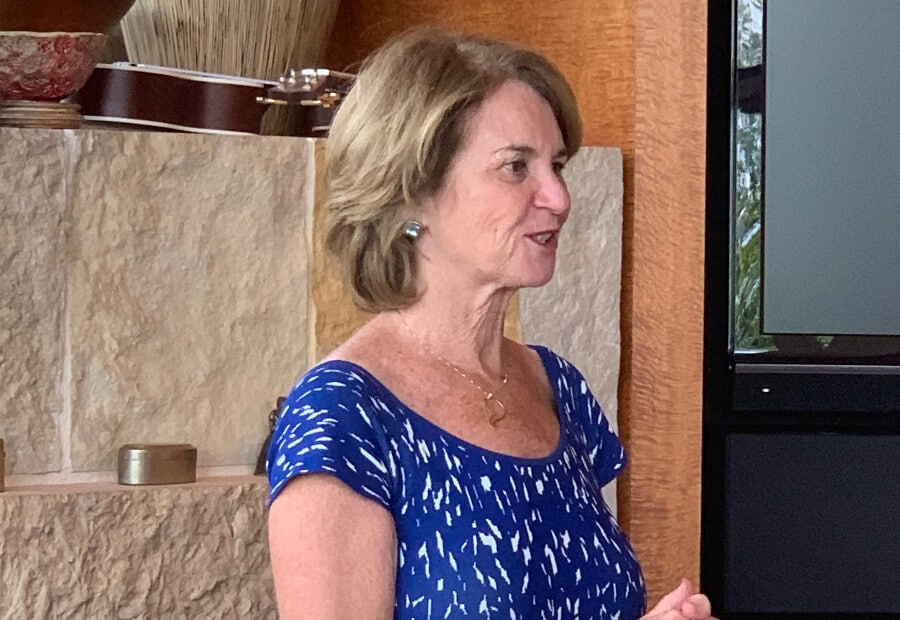

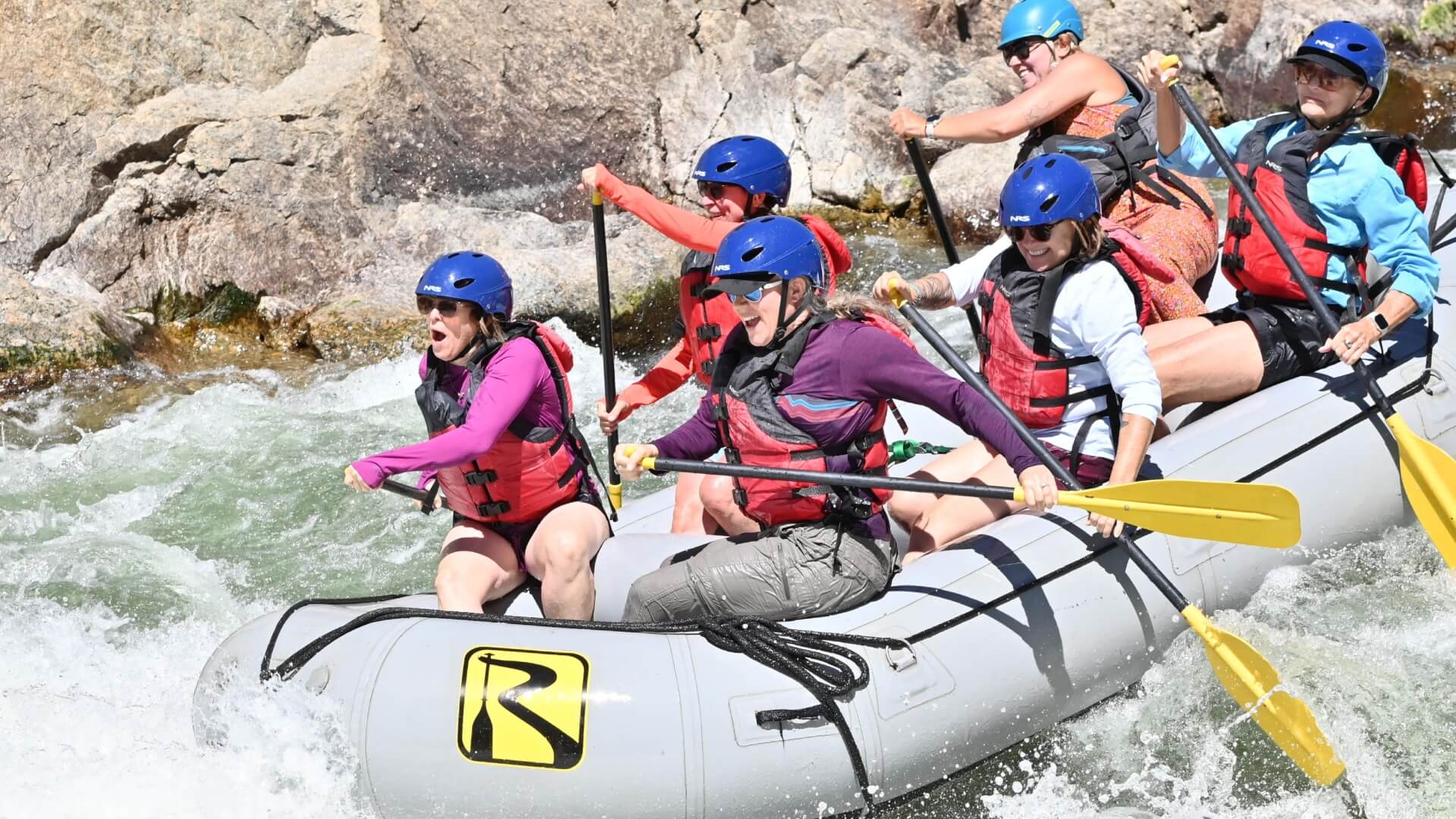


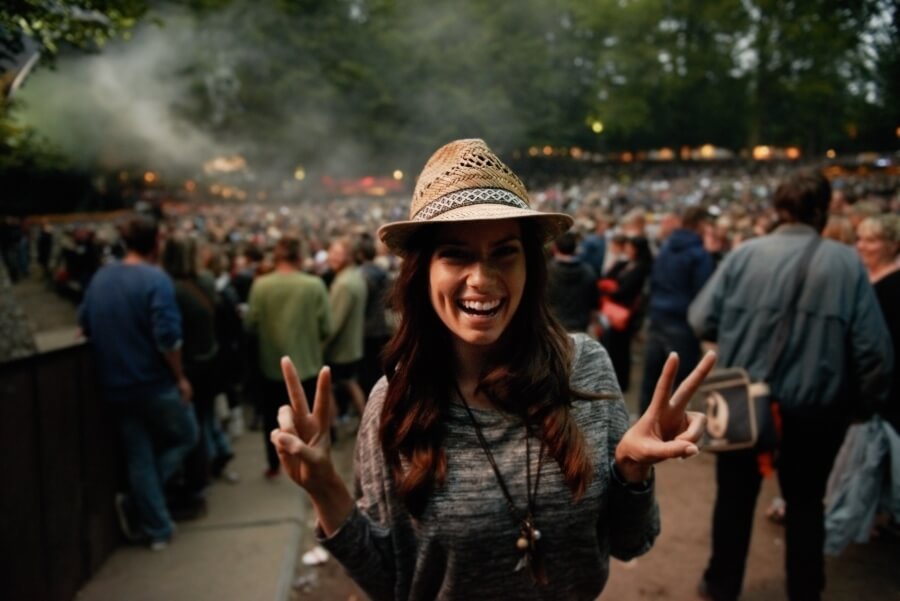
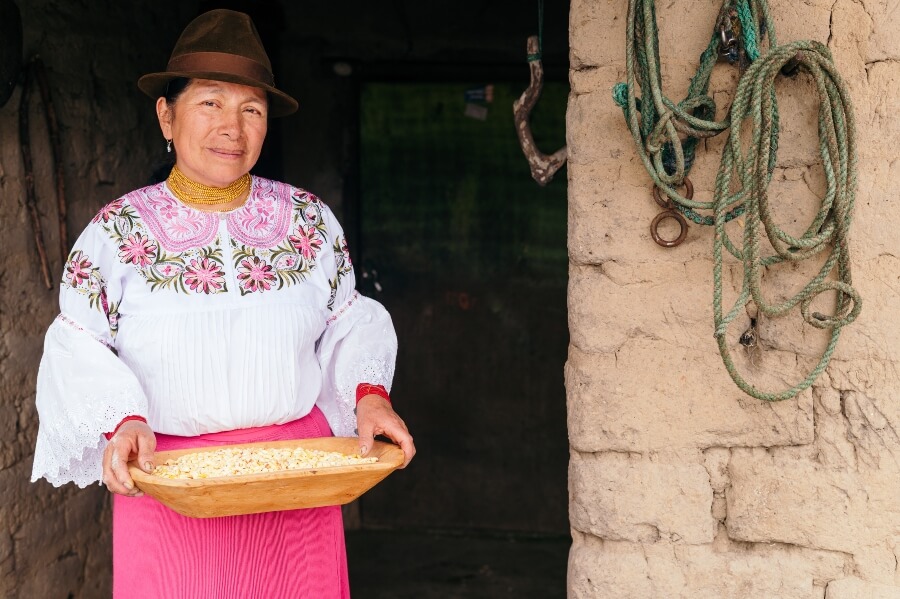
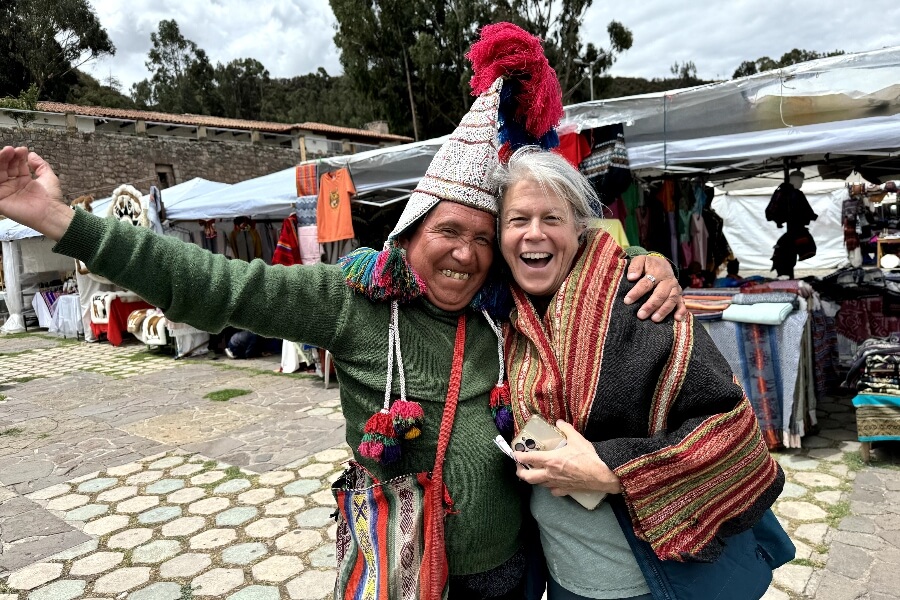

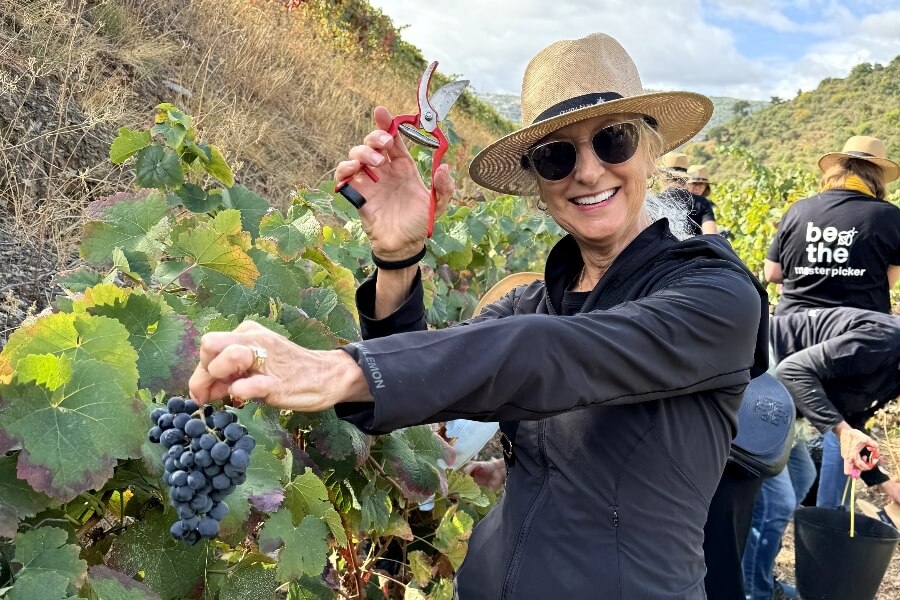

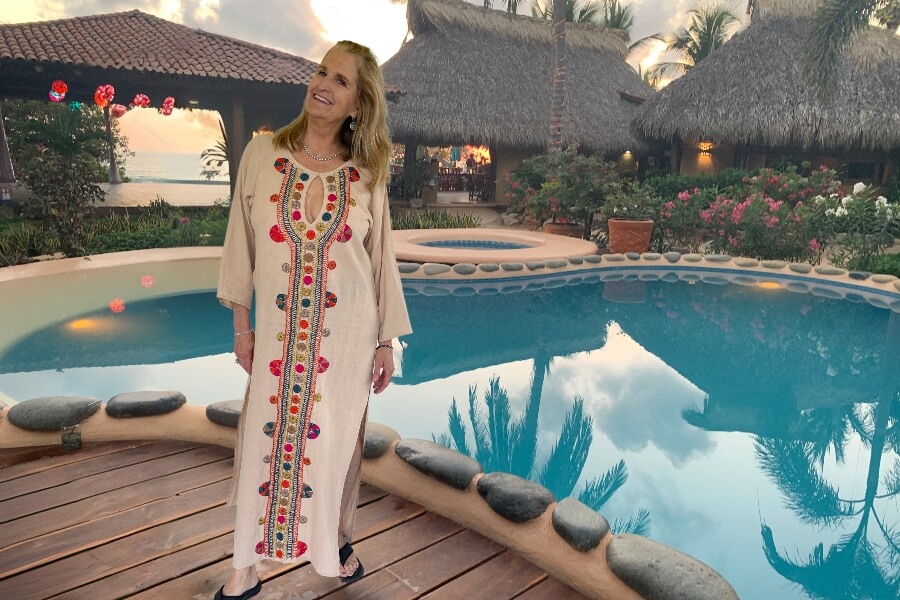


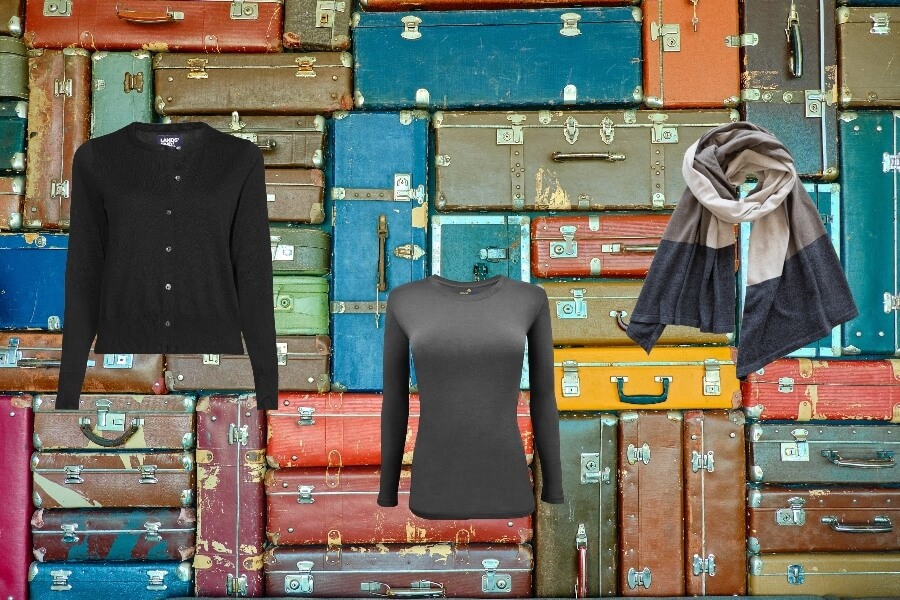

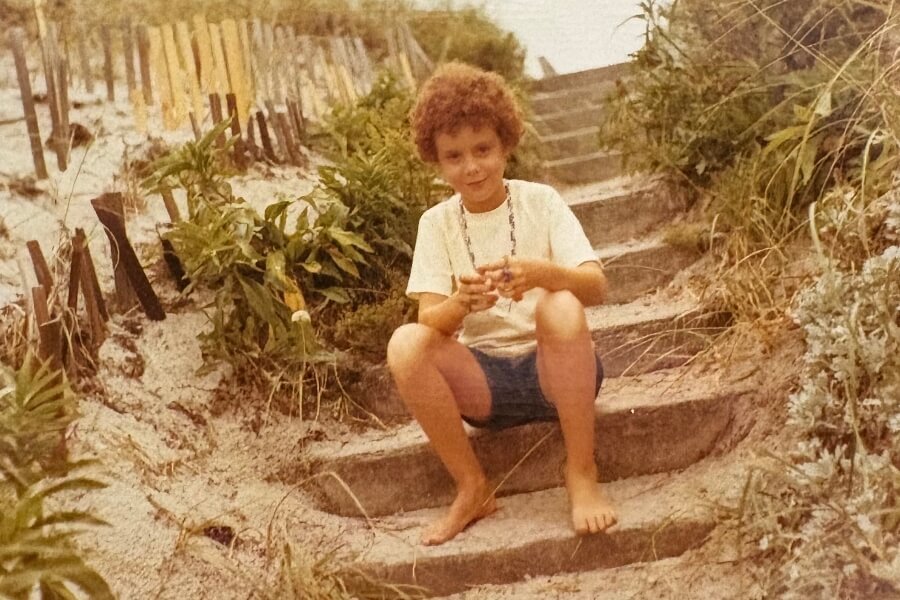

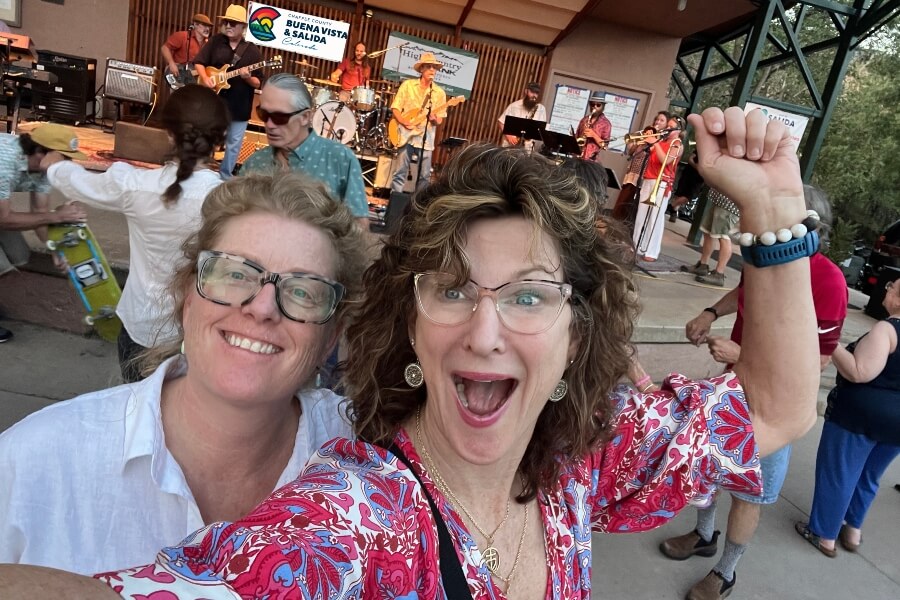



0 Comments